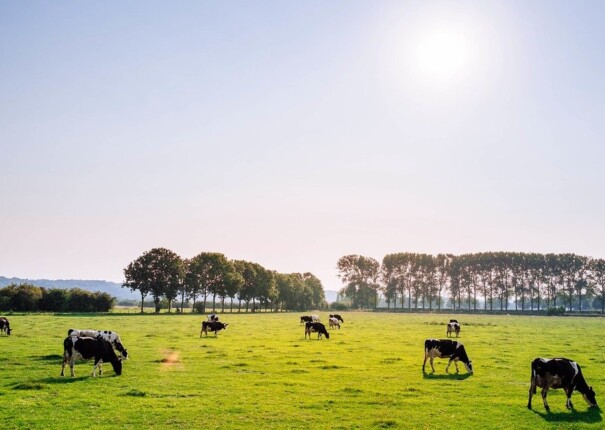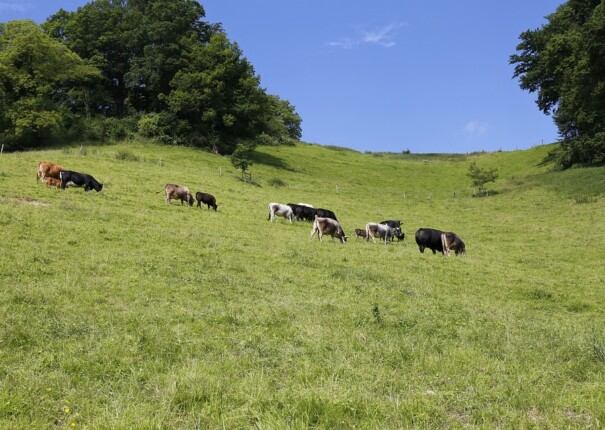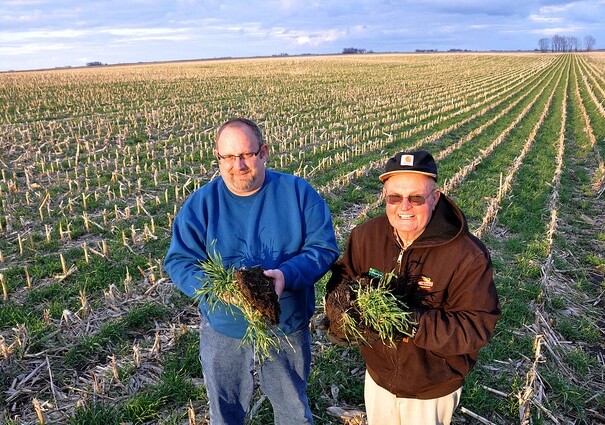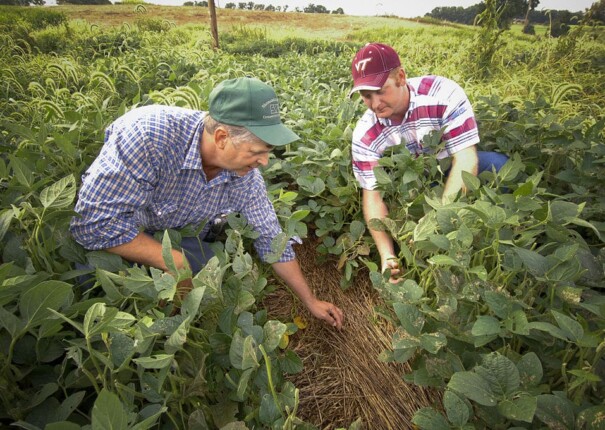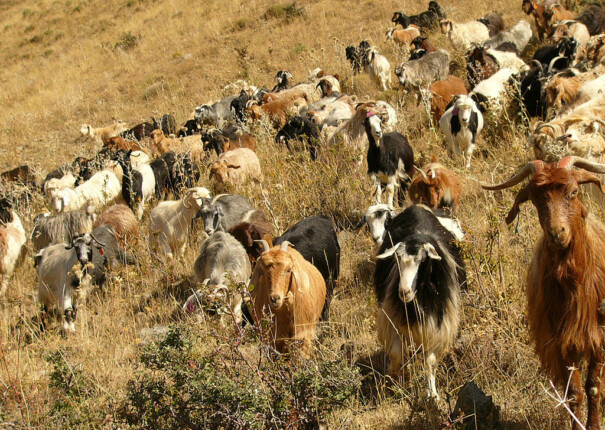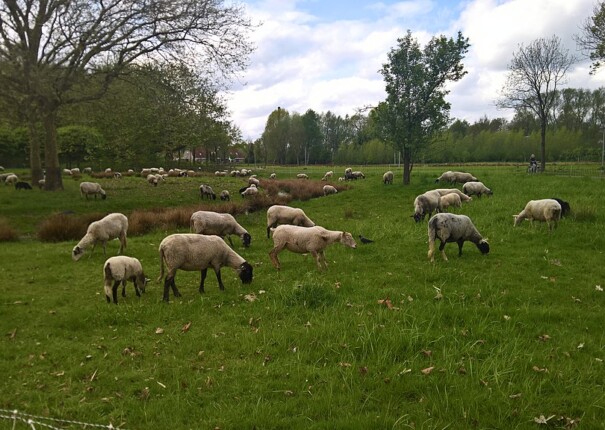To weather the worsening drought, California needs healthy soils
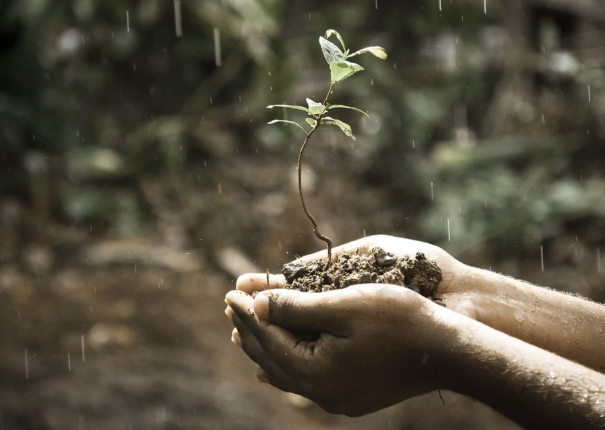
By Ellie Cohen, The Climate Center, and Torri Estrada, Carbon Cycle Institute This opinion piece was originally published on February 11, 2021 in CalMatters. California is in the early stages of a severe multi-decadal drought, exacerbated by the climate crisis. As Dan Walters pointed out in his recent op ed, we must move quickly to prepare for water shortages and … Read more

